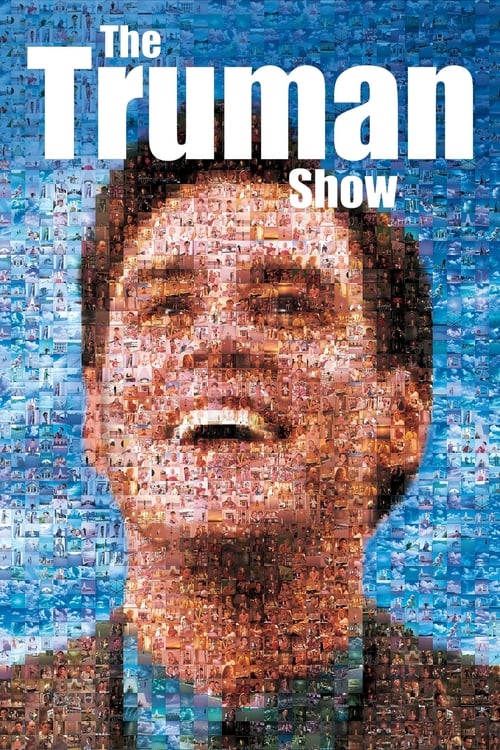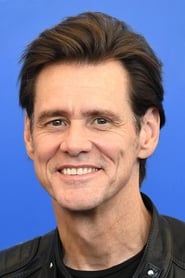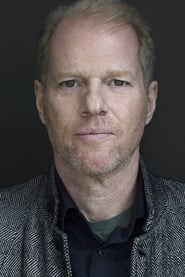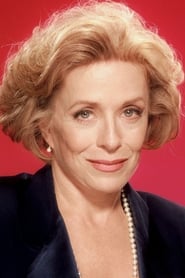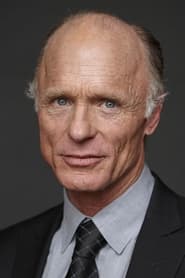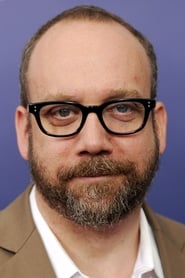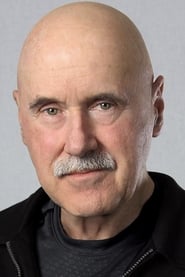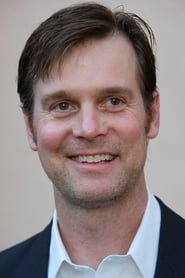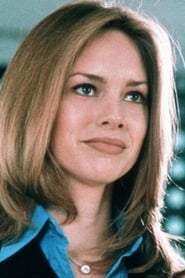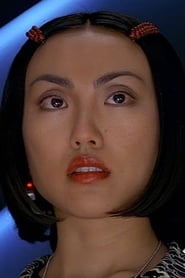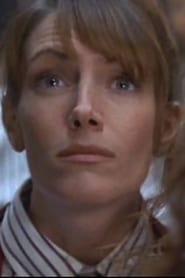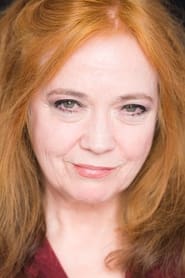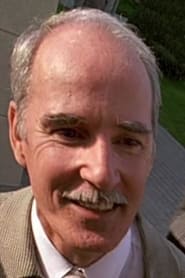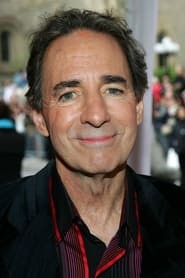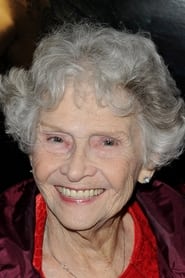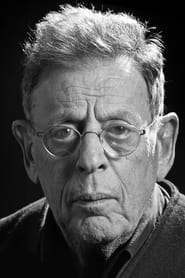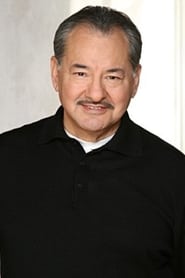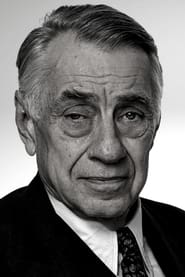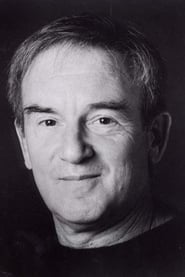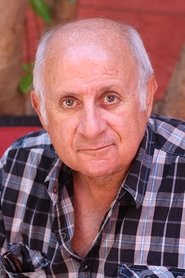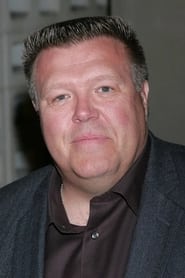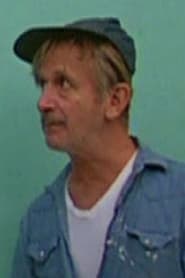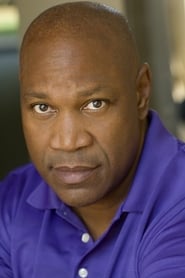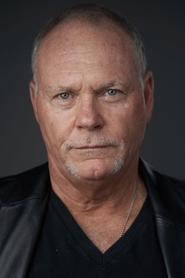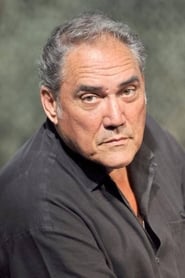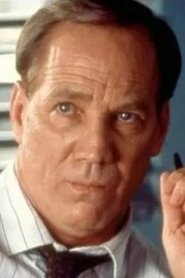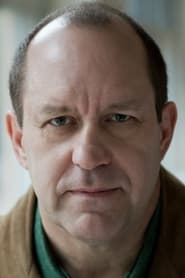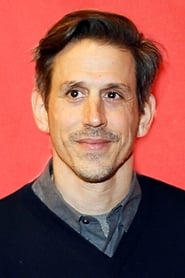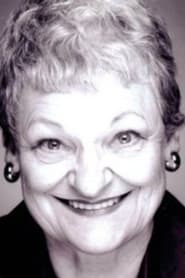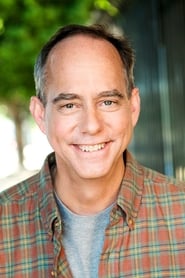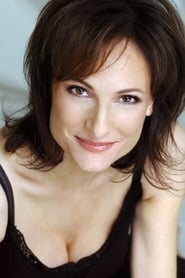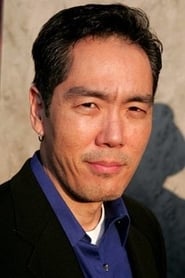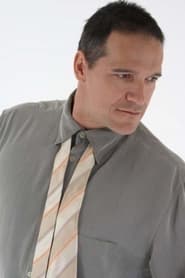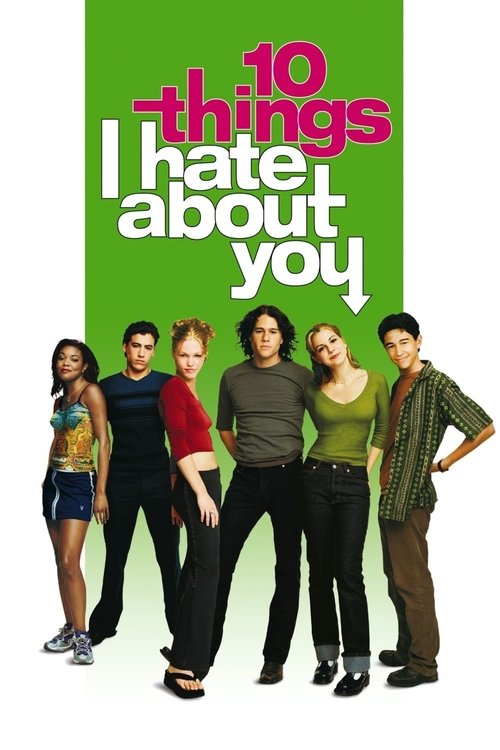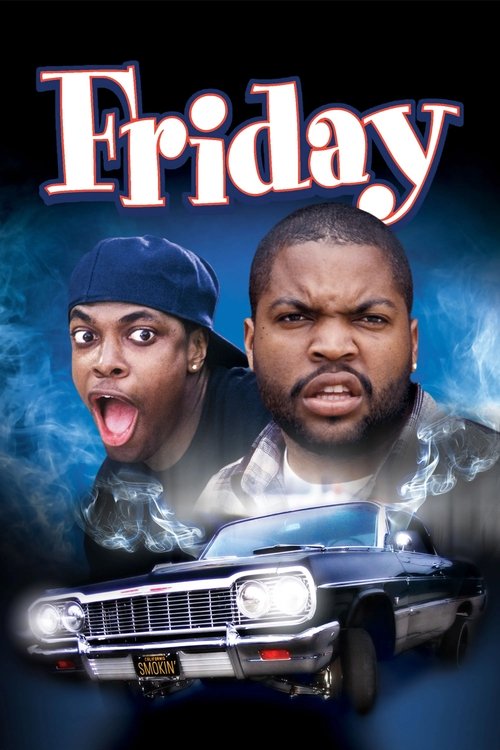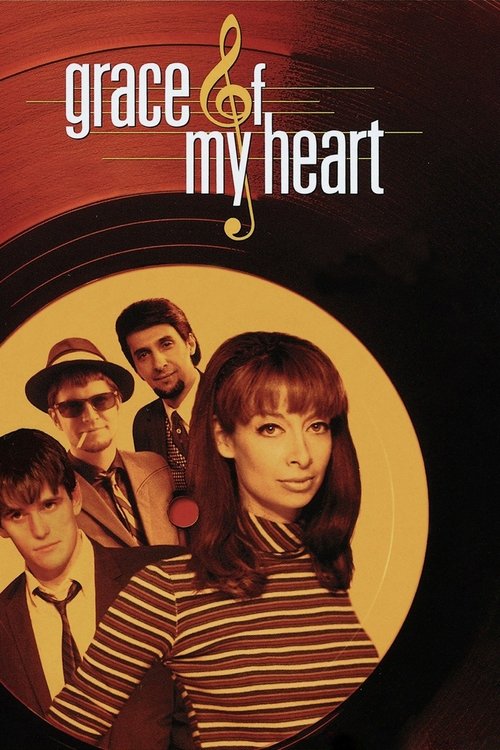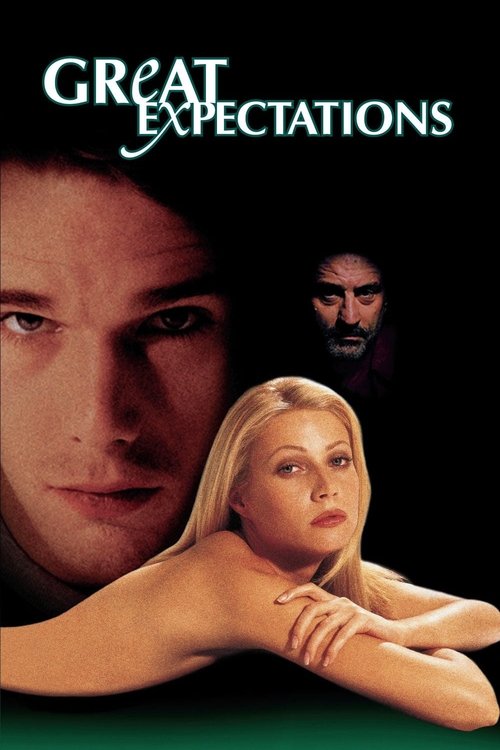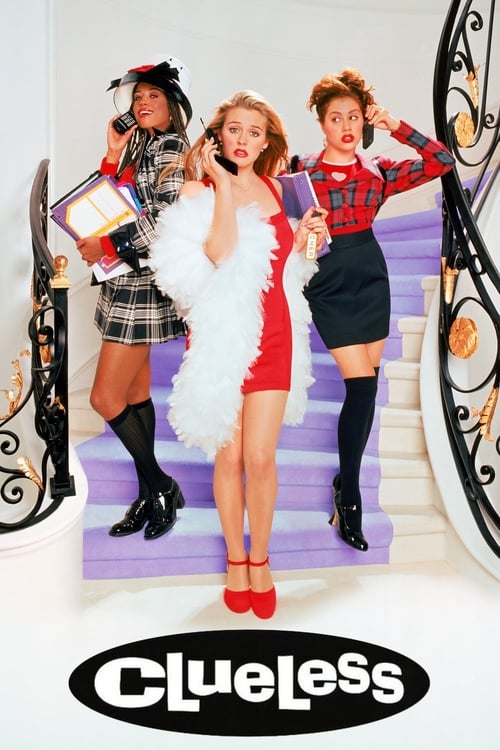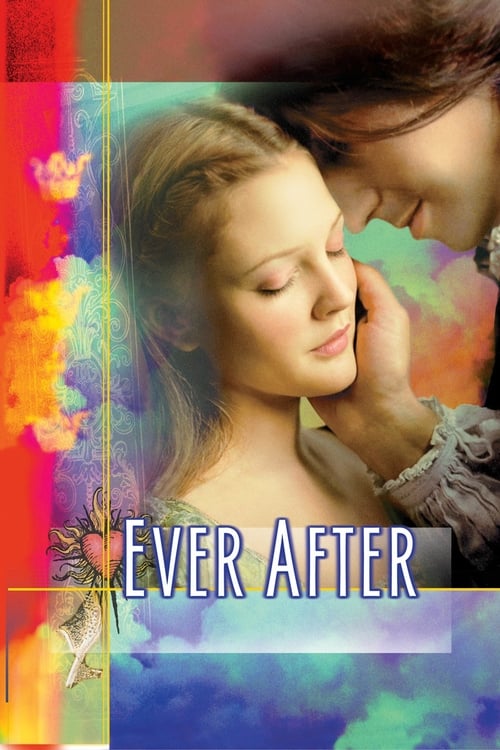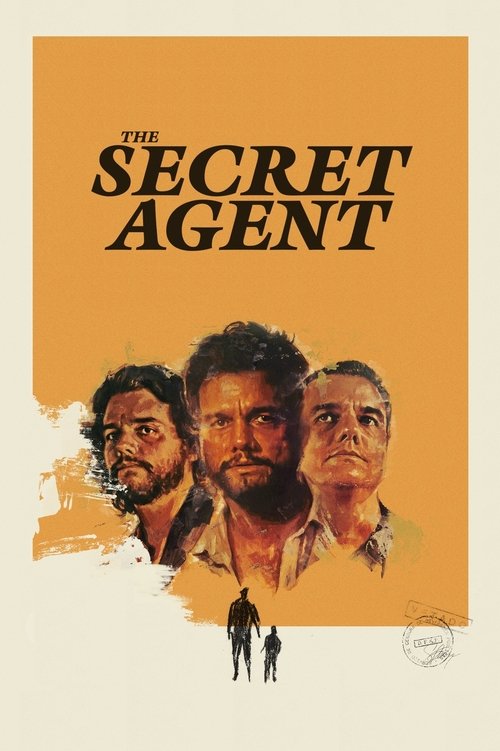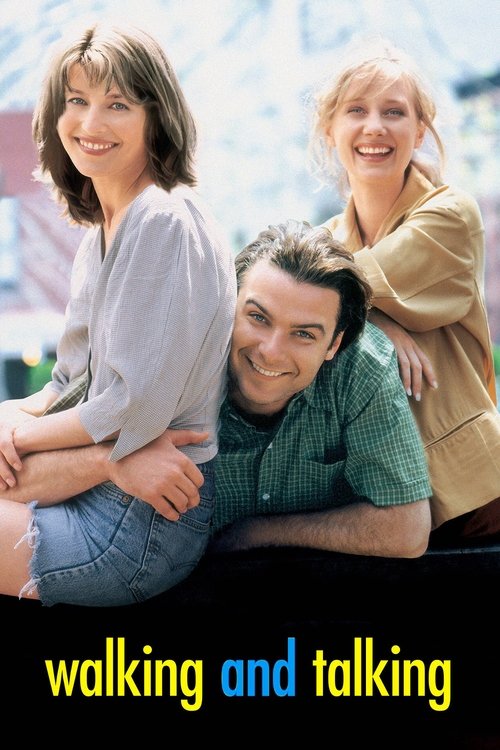
Ask Your Own Question
What is the plot?
The Truman Show opens on a bright morning in Seahaven, a picturesque coastal town bathed in artificial sunlight beneath a flawless blue sky. Truman Burbank, a 29-year-old insurance salesman, wakes from a dream and begins his familiar routine, oblivious that his entire existence is a meticulously crafted television spectacle broadcast live to the world. His every move, every interaction, is orchestrated and monitored by an unseen production crew hidden behind the facades of Seahaven's idyllic streets and homes.
Truman's life appears perfectly ordinary at first. He shares his home with his wife, Meryl Burbank, whose cheerful demeanor and scripted lines mask her role as an actress playing a part. His best friend, Marlon, is another actor assigned to reinforce Truman's sense of reality, always echoing the show's mantra: "It's all true. It's all real. Nothing here is fake". The town itself is a colossal soundstage enclosed by a dome, with artificial weather and carefully controlled environments. The sky, the sun, even the stars are elements of the set, manipulated for the show's dramatic effect.
Early in the film, a peculiar event unsettles Truman: a studio light labeled "Sirius" falls from the sky and crashes near him. He rationalizes it as a falling airplane light, but the incident plants the seed of doubt in his mind. Soon after, he glimpses a man resembling his father--whom Truman believes died in a tragic boating accident years earlier--briefly appearing before being forcibly removed by security. This man's sudden presence and disappearance contradict everything Truman has been told about his father's death, stirring his suspicions further.
Truman's mother, Angela Burbank, is another actor who dismisses Truman's questions about his father, reinforcing the fabricated narrative. The supposed death of Kirk Burbank, Truman's father, was staged by Christof, the show's creator and executive producer, to instill in Truman a paralyzing fear of water and prevent him from ever attempting to escape Seahaven. This fear becomes a critical psychological barrier, symbolized by the vast artificial sea that borders the town.
As Truman navigates his daily life, he begins noticing inconsistencies. He overhears a crew member's voice on his radio, revealing the presence of hidden cameras and manipulation behind his perceived reality. He witnesses extras breaking character--eating lunch in elevator shafts or pausing awkwardly during staged traffic jams. These moments of glitching reality deepen his growing unease.
Meryl, Truman's wife, performs scripted domestic scenes, often reciting lines that feel unnatural. In one striking confrontation, Truman forces Meryl to perform a fake surgery on a coworker at his insurance office, exposing the artificiality of their interactions. His growing paranoia leads to tense exchanges where Meryl pleads with him to stop questioning everything, fearing the collapse of the show's illusion.
Meanwhile, Sylvia, also known as Lauren, is a woman Truman met briefly in his youth and fell in love with. She tried to reveal the truth to him, but the show's security forcibly removed her, claiming she was mentally ill and relocating her to Fiji. Sylvia's attempts to communicate with Truman and her activism outside Seahaven symbolize the outside world's awareness of Truman's captivity and the ethical dilemma surrounding the show.
The story's tension escalates as Truman's suspicions solidify into resolve. Despite his fear of the sea, he decides to escape. He rents a small boat and sails across the artificial ocean, battling a manufactured storm designed by Christof to prevent his escape. The storm is a dramatic visual spectacle--violent winds, towering waves, and lightning flashes inside the dome--reflecting both the physical and psychological barriers Truman must overcome.
At the climax, Truman reaches the edge of the dome, where a physical wall looms with a door marked "Exit." Here, Christof speaks directly to Truman through a loudspeaker, his voice calm yet commanding. Christof reveals himself as the godlike creator of Truman's world, explaining that Seahaven is a sanctuary, a place where Truman has been safe and loved, shielded from the cruelty of the outside world. He pleads, "We accept the reality of the world with which we are presented. It's as simple as that." Christof argues that Truman's life outside would be harsh and lonely, urging him to stay for his own happiness and security.
Truman, however, is resolute. He responds with quiet dignity, delivering the iconic line, "In case I don't see ya, good afternoon, good evening, and good night." With that, he steps through the door into the unknown real world, leaving Seahaven and the show behind.
The broadcast cuts off for the first time, and the cast and crew break character, revealing the elaborate artifice of Seahaven. Sylvia and the "Free Truman" activists watch Truman's escape on television, hopeful and inspired by his newfound freedom. The film closes on Truman stepping into reality, a man reborn, symbolizing liberation, self-awareness, and the human spirit's quest for truth.
Throughout the film, no deaths occur except the staged death of Truman's father, Kirk Burbank, whose supposed drowning was a fabrication by Christof to manipulate Truman's fears and control his movements. The confrontations between Truman and the actors, especially Meryl and Marlon, reveal the depth of the deception but end without physical violence. The final confrontation with Christof is verbal and philosophical, underscoring themes of free will versus control.
The Truman Show is a profound exploration of reality, identity, and surveillance, told through Truman's journey from ignorance to enlightenment and escape. It is a story of a man who, despite living under constant observation and manipulation, reclaims his autonomy and steps boldly into the unknown.
What is the ending?
In the ending of The Truman Show, Truman Burbank finally discovers the truth about his life being a television show. He confronts the show's creator, Christof, and ultimately chooses to leave the fabricated world of Seahaven. As he steps through the exit door of the set, he bids farewell to the audience and embraces the unknown of reality.
Now, let's delve into the ending in a more detailed narrative fashion:
As the climax of the film unfolds, Truman Burbank, played by Jim Carrey, is on the brink of discovering the truth about his life. After a series of unsettling events, including the sudden disappearance of his father and the realization that his wife, Meryl, is acting, Truman becomes increasingly suspicious of his surroundings. He begins to question the authenticity of his life in Seahaven, a picturesque town that he later learns is a massive set designed for a reality television show.
In the final scenes, Truman makes a bold decision to escape the confines of Seahaven. He sets sail on a small boat, determined to break free from the artificial world that has been constructed around him. As he navigates the waters, he is met with fierce storms and waves that seem to conspire against him, a metaphor for the obstacles placed in his path by the show's producers. The storm rages, and Truman's determination shines through as he fights against the elements, embodying his quest for truth and freedom.
Meanwhile, Christof, the creator of the show, watches from the control room, orchestrating the storm in an attempt to deter Truman from leaving. He speaks directly to Truman through a speaker, trying to convince him to return to the safety of Seahaven, claiming that the world outside is dangerous and unknown. Christof's desperation to maintain control over Truman's life is palpable, revealing his deep-seated need for power and the lengths he will go to keep Truman within the confines of the show.
Despite Christof's manipulations, Truman's resolve only strengthens. He confronts the storm head-on, and in a moment of triumph, he sails past the tumultuous waves and into calm waters. This pivotal moment symbolizes his breaking free from the constraints of his manufactured existence. As he approaches the edge of the set, he finds a wall that represents the boundary of his world. With a deep breath, he pushes through the door marked "Exit," stepping into the unknown.
As Truman emerges from the set, he is greeted by a bright light and the sound of applause from the audience watching the show. He stands in a stark, white room, a stark contrast to the vibrant colors of Seahaven. The realization of his freedom washes over him, and he takes a moment to absorb the reality of his situation. He turns back to the camera, offering a simple yet profound farewell: "In case I don't see you again, good afternoon, good evening, and good night." This farewell encapsulates his journey from ignorance to enlightenment, as he acknowledges the audience that has watched his life unfold.
In the aftermath, Christof is left to grapple with the consequences of his actions. The show that once captivated millions is now over, and he faces the reality of having lost control over Truman's life. The other characters, including Meryl and Marlon, are left behind in the fabricated world, their roles as actors in Truman's life now rendered meaningless. Truman's journey concludes with a sense of hope and possibility, as he steps into a world that is real, albeit uncertain.
In summary, the ending of The Truman Show encapsulates Truman's journey from a life of deception to one of authenticity, highlighting the themes of free will, the quest for truth, and the human spirit's resilience against manipulation. Each character's fate reflects the consequences of living in a constructed reality, with Truman emerging as a symbol of liberation and self-discovery.
Is there a post-credit scene?
The Truman Show, produced in 1998, does not have a post-credit scene. The film concludes with a powerful and emotional climax as Truman Burbank, played by Jim Carrey, finally confronts the reality of his life and the artificial world created around him. After a dramatic escape from the confines of Seahaven Island, he reaches the edge of the set, where he meets Christof, the show's creator, who tries to persuade him to stay. Truman ultimately chooses to leave the fabricated world behind, uttering the iconic line, "In case I don't see you later, good afternoon, good evening, and good night." The film ends on this poignant note, focusing on Truman's newfound freedom and the implications of his choice, without any additional scenes or credits following the main narrative.
What is the significance of the character Christof in The Truman Show?
Christof is the creator and director of the television show that Truman Burbank unknowingly stars in. He represents the controlling force behind Truman's life, manipulating every aspect of it to create the perfect reality for viewers. His motivations are complex; he believes he is providing Truman with a safe and happy life, yet he is also deeply self-serving, prioritizing the show's success over Truman's autonomy. Christof's emotional state fluctuates between paternal affection for Truman and a cold, calculating desire to maintain control, culminating in a tense confrontation when Truman begins to question his reality.
How does Truman's relationship with Meryl evolve throughout the film?
Truman's relationship with Meryl, his wife, initially appears to be a typical suburban marriage, filled with mundane routines and scripted interactions. However, as Truman begins to sense that something is amiss in his life, Meryl's behavior becomes increasingly forced and unnatural, revealing her role as an actress rather than a genuine partner. Her emotional state shifts from a facade of happiness to frustration as Truman's curiosity grows. The pivotal moment occurs when Meryl tries to sell Truman a product on live television, showcasing her desperation to maintain the illusion of their life together, which ultimately leads to Truman's realization that their relationship is a lie.
What role does the character Marlon play in Truman's life?
Marlon is Truman's best friend and serves as a key figure in maintaining the illusion of Truman's reality. He is portrayed as a loyal companion, often providing comic relief and support. However, Marlon's true role is that of an actor, tasked with keeping Truman from discovering the truth about his life. As Truman begins to question his surroundings, Marlon's emotional state becomes conflicted; he is torn between his friendship with Truman and his obligation to the show's producers. This internal struggle is highlighted during a scene where Marlon tries to convince Truman that everything is normal, showcasing the tension between genuine friendship and the artificiality of their relationship.
What triggers Truman's suspicion about his reality?
Truman's suspicion about his reality is triggered by a series of seemingly random events that begin to unravel the carefully constructed world around him. The first significant moment occurs when a studio light falls from the sky, labeled as a 'star,' which shocks Truman and plants the seed of doubt in his mind. This is followed by a chance encounter with a woman named Sylvia, who attempts to reveal the truth to him, further igniting his curiosity. As he begins to notice inconsistencies in the behavior of those around him, including Meryl and Marlon, Truman's emotional state shifts from confusion to determination, leading him to actively seek answers about his life and the world beyond Seahaven.
How does Truman's journey to escape Seahaven reflect his internal struggle?
Truman's journey to escape Seahaven is a powerful reflection of his internal struggle for freedom and self-discovery. Initially, he is depicted as a content, albeit naive, individual who is unaware of the constraints placed upon him. As he begins to uncover the truth, his emotional state transforms from complacency to desperation. The physical act of trying to escape--whether by attempting to sail away or confronting obstacles like the police and the show's producers--symbolizes his fight against the confines of his manufactured existence. Each attempt is fraught with tension, showcasing his determination to break free from the control of Christof and the show, ultimately culminating in a climactic confrontation that embodies his quest for authenticity and autonomy.
Is this family friendly?
"The Truman Show" is generally considered family-friendly, but it does contain some themes and scenes that may be unsettling for children or sensitive viewers. Here are a few potentially objectionable aspects:
-
Surveillance and Manipulation: The concept of a man being watched 24/7 without his knowledge can be disturbing. The idea of his entire life being a constructed reality may provoke anxiety.
-
Emotional Distress: Truman experiences moments of confusion, frustration, and sadness as he begins to question his reality. His emotional turmoil may be intense for younger viewers.
-
Existential Themes: The film explores deep philosophical questions about free will, reality, and identity, which may be difficult for children to grasp and could lead to feelings of unease.
-
Confrontation and Conflict: There are scenes where Truman confronts people in his life, leading to tense moments that may be upsetting.
-
Deception and Betrayal: The betrayal of Truman by those he trusts, including his family and friends, can be emotionally heavy and may resonate negatively with sensitive viewers.
-
Mild Language: There are instances of mild profanity that may not be suitable for younger audiences.
While the film carries a profound message and is often praised for its creativity, these elements may require parental guidance for younger viewers.

